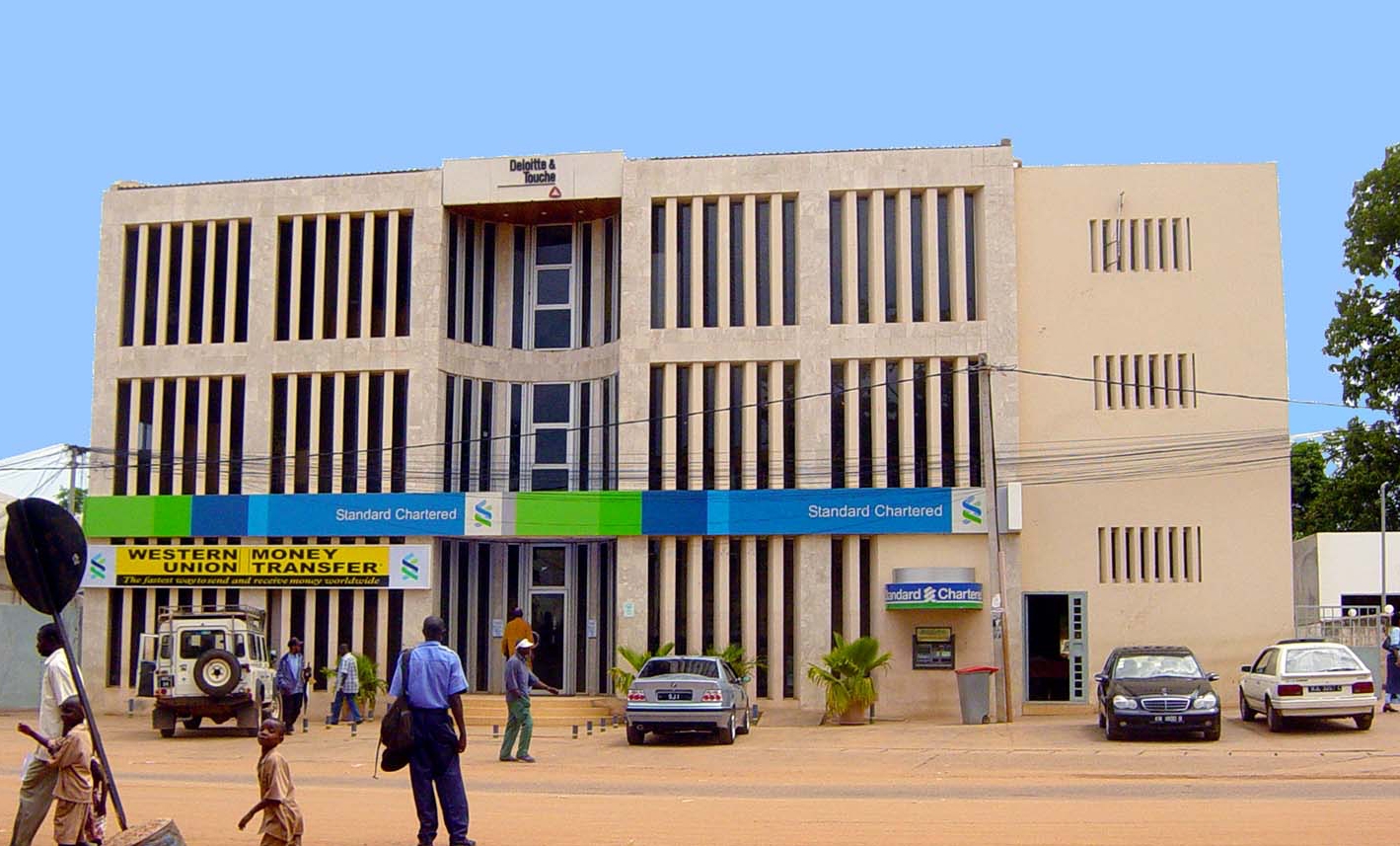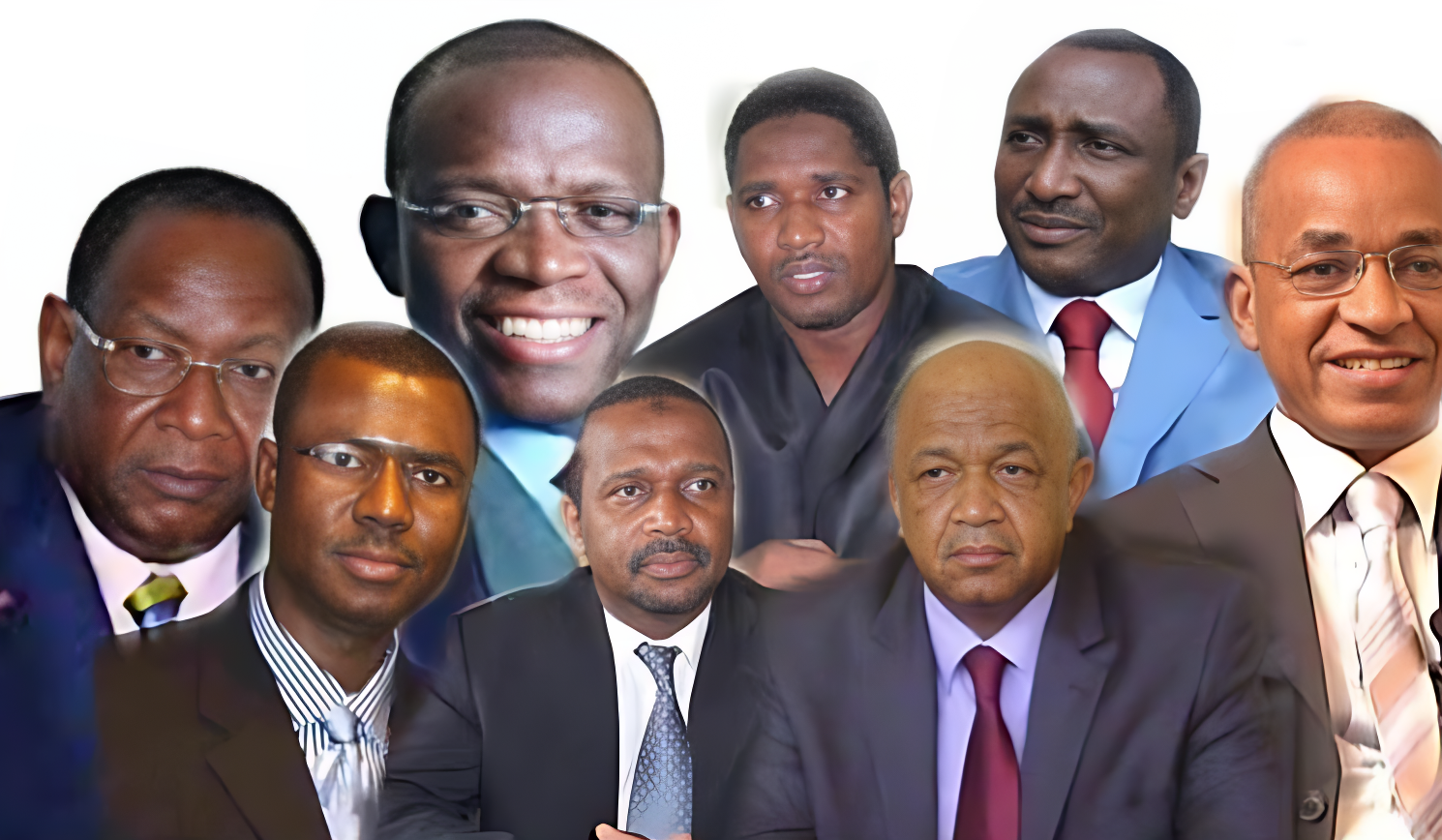Gambiaj.com – (BANJUL, The Gambia) – The Africa Regional Coordinator for the Global Forum of Communities Discriminated on Work and Descent (GFOD), Queen Bisseng, has called on the African Commission on Human and Peoples’ Rights (ACHPR) to support African governments in eliminating discrimination based on caste and inherited social status.
Speaking at the ongoing 85th Ordinary Session of the ACHPR at the Sir Dawda Kairaba Jawara International Conference Centre in Banjul, Bisseng said that more than 270 million people worldwide, including millions across Africa, continue to suffer marginalization due to caste, slavery, and social heritage.
“This marginalization is the legacy of historical injustices, slavery, colonization, and social stratification, which continue to hinder the access of communities discriminated against on work and descent (CDWD) to their fundamental rights today,” Bisseng told the Commission.
The 85th Ordinary Session, which brings together key stakeholders from across the continent, aims to foster dialogue, collaboration, and strategic action on pressing human rights issues in Africa.
Bisseng commended the Commission for its “courageous commitment to justice, equality, and human dignity,” noting that it provides a vital platform for the voices of the most marginalized to be heard.
“Today, we come to demand justice for the CDWD and call for reparations for these communities. True justice and recognition of their rights cannot be complete without including these communities, which remain largely invisible in our institutions and policies,” she said.
Bisseng highlighted that CDWD communities continue to endure structural discrimination, economic and political exclusion, lack of access to resources and opportunities, and social segregation that perpetuate historical injustices.
Applauding the adoption of Resolution 619 during the 81st Ordinary Session of the Commission—which recognized the deep discrimination faced by CDWD—Bisseng stressed that “recognition alone is not justice.”
“It must be translated into concrete and immediate action to restore rights and strengthen the dignity of CDWD,” she urged.
She called on the Commission to develop and disseminate clear guidelines for implementing Resolution 619 across Member States, support national governments in reviewing laws, policies, and institutional practices to eliminate discrimination based on caste or inherited social status, and introduce positive discrimination measures to address historical injustices and promote full inclusion of CDWD in national development.
Bisseng further urged the Commission to promote awareness campaigns, institutional reforms, and data collection initiatives to make CDWD visible in human rights and development frameworks.
She also called for the establishment of a dedicated focal point or working group within the Commission to monitor the implementation of Resolution 619 and track the human rights situation of CDWD across Africa.
“Reparations must go beyond symbolic gestures and aim at fully restoring the rights and livelihoods of CDWD,” she said, proposing measures such as land allocation and traditional means of subsistence, targeted investments in education, health, housing, and economic empowerment, legal reforms ensuring non-discrimination and political participation, public acknowledgment and memorialization of historical injustices, and institutional mechanisms guaranteeing accountability and redress.
“Honorable Commissioners and distinguished delegates, as long as CDWD remains invisible and excluded, Africa cannot achieve true justice or unity,” Bisseng concluded.










